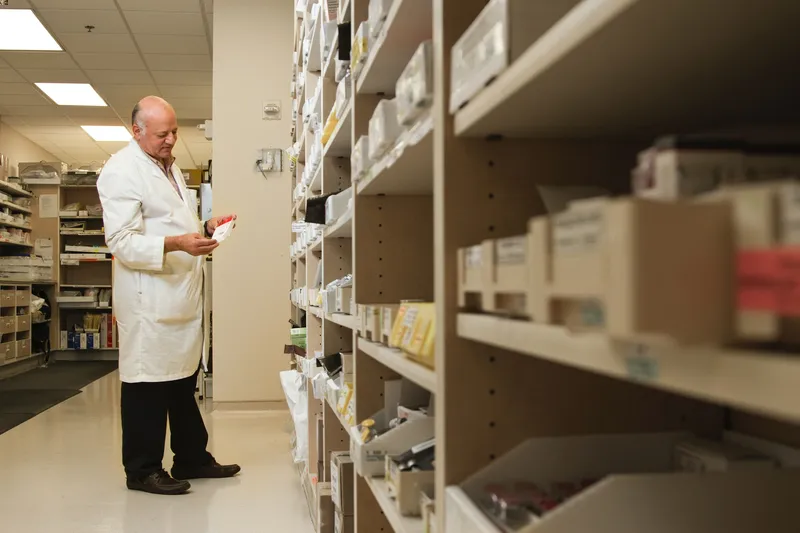
Pharmacists, like all medical professionals, owe a duty of care to their patients.
One of the most important duties a pharmacist has is to fill prescriptions accurately.
However, pharmacists have a tough job—especially these days—and it’s not uncommon for a pharmacist to make a mistake that drastically affects a patient’s life.
Who Is at Fault for a Medication Error?
When discussing who is at fault for a medication error, it’s essential to understand the different types of medication errors.
Generally, there are two sources of pharmacy errors: the doctor and the pharmacist.
Doctors may be responsible for a medication error if they prescribe the wrong medication or the wrong dose.
In this case, a pharmacist should catch the error if it’s obvious, but because doctors know your medical history best, a pharmacist may not be in the position to tell if a doctor made a mistake.
Doctors are also responsible for medication errors based on foreseeable drug interactions.
For example, certain medications enhance, negate or alter the effects of other medications.
Doctors should carefully examine a patient’s medical history and ask what medications they are currently taking before ordering a new prescription.
Pharmacists can also be responsible for medication errors. In these cases, the prescription from the doctor is correct, but the pharmacist makes a mistake in dispensing the medication.
Some of the most common dispensing errors include:
- Giving a patient the wrong medication,
- Giving a patient the wrong dose of the correct medication, and
- Failing to include certain warnings with a medication.
Of course, the vast majority of pharmacy errors are unintentional. However, that does not change the impact that they have on patients’ lives.
Can Patients Sue a Pharmacist Following a Medication Error?
When a pharmacist commits an error while filling prescriptions, such as due to inattention, carelessness, or lack of experience, they may face legal consequences, potentially being held liable for any harm caused to the patient.
However, these cases can be challenging to prove because a patient must be able to connect their injuries to the pharmacist’s error.
The fact that a medication error or incorrect dosage occurred doesn’t necessarily mean that a pharmacist was negligent.
However, medication errors don’t usually happen when pharmacists take the necessary time to fill a prescription.
Thus, while an error isn’t always the result of a pharmacist’s negligence, it’s a good indication that something went wrong along the way.
Those who suffered due to a medication error should consult with an experienced pharmacy error lawyer to learn more about their rights.
Did You Suffer Due to a Pharmacist’s Negligence?
If you or a loved one suffered preventable injuries after a medication error, reach out to Poulos & Coates, LLP, for immediate assistance.
At Poulos & Coates, we have over 70 years of experience pursuing compensation on behalf of patients and their families.
As the only New Mexico law firm that focuses only on medical malpractice cases, we are uniquely positioned to successfully bring even the most challenging and complex cases.
To learn more and to schedule a free consultation, contact Poulos & Coates at 575-376-6600 today.

